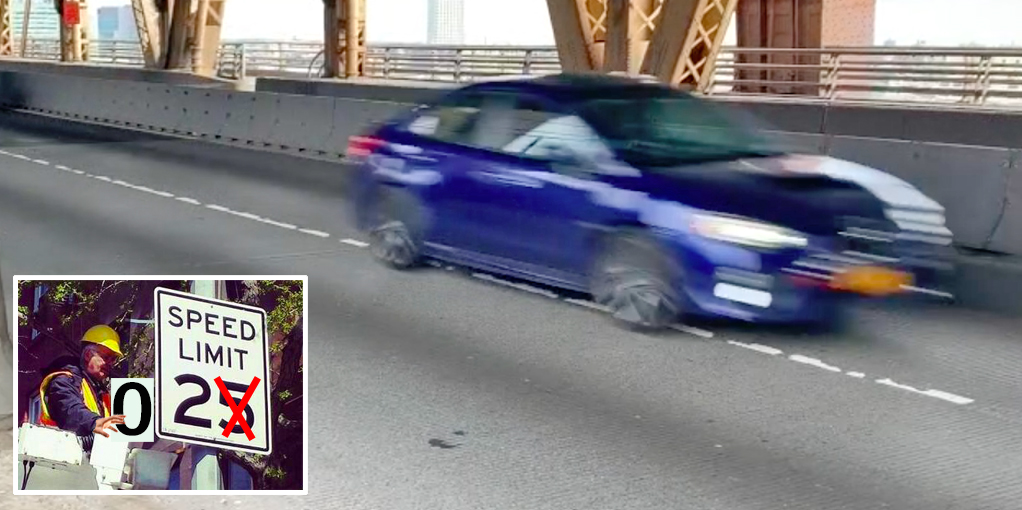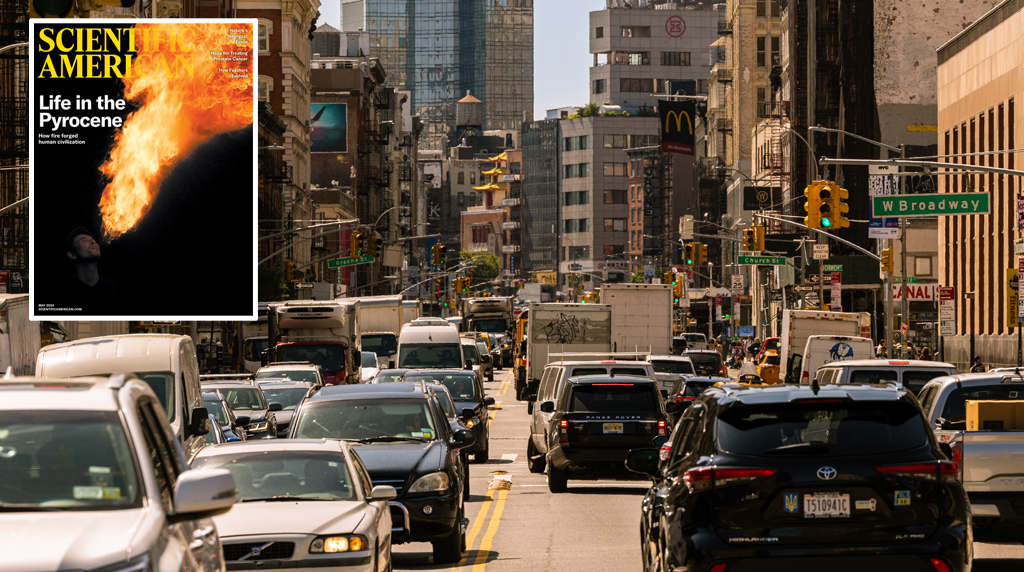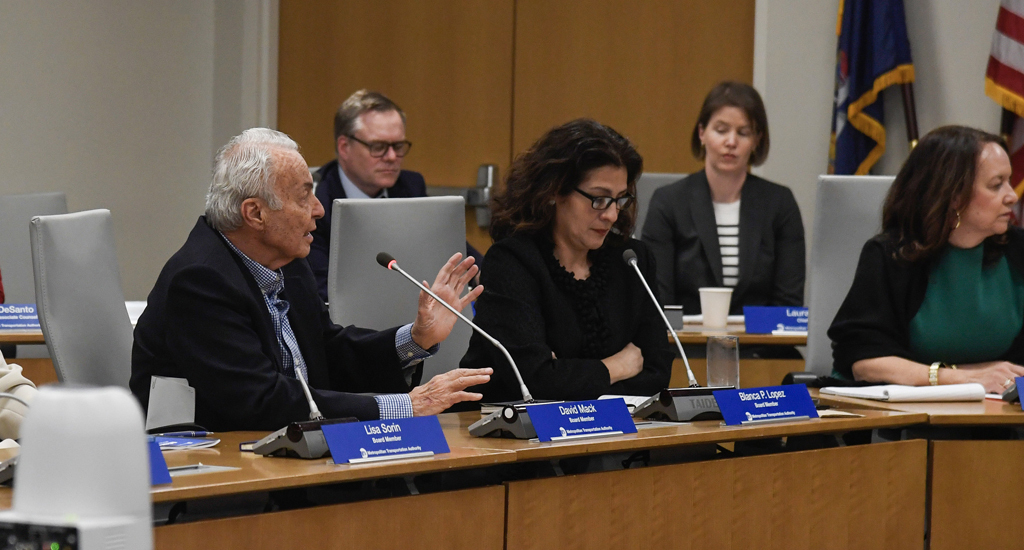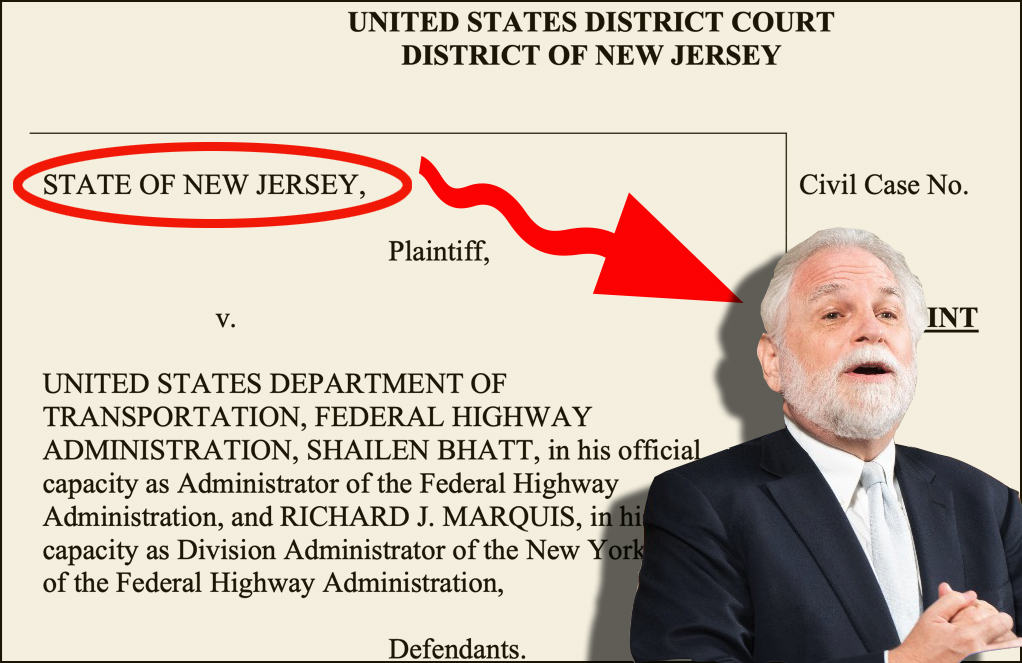A new month begins today without rules in place to govern federal transportation programs, thanks to an objection by Sen. Jim Bunning (R-KY) to quick approval of a short-term extension of existing law.
The consequences of the delay could include forced furloughs for nearly 2,000 U.S. DOT employees, according to an agency release this morning, as well as a shutdown of federal funding for road, bridge, bike-ped, and transit projects. The processing of money for stimulus construction work and state-based road safety groups such as Mothers Against Drunk Driving (MADD) are also set for an interruption.
Nevertheless, the situation remains fluid. House transportation committee chairman Jim Oberstar (D-MN) has secured a promise that future Senate legislation will assuage his panel's frustration with a provision in the pending jobs bill that would apply 2009 earmarks to $932 million in 2010 transportation grants.
That agreement helps pave the way for House passage of the Senate jobs bill, perhaps as soon as Tuesday. If both chambers can agree quickly on that jobs bill, which would extend the 2005 federal transport law until 2011, the flow of federal funding for local projects likely would turn back on without senators having to break through Bunning's one-man filibuster.
"We hope Congress can move this legislation as early in the week as possible so reimbursements to the states can resume," John Horsley, executive director of the American Association of State Highway and Transportation Officials (AASHTO), said in a statement late Friday.
In the meantime, Oberstar's committee has released a rundown of how the imperiled extension would affect U.S. infrastructure programs. Check it out after the jump.
Consequences of Expiration of Federal Surface Transportation Programs
Highway Funding
- No reimbursements to States for Federal highway funds. The Federal Highway Administration (FHWA) will not be able to approve any new expenditures from the Highway Trust Fund beginning on Sunday, February 28th. This will prohibit FHWA from reimbursing States for any Federal highway funds that they commit. Based on FHWA Trust Fund projections, this will impact a total of $768 million in highway outlays for the week ending March 5th.
Highway Safety Funding
- No new MCSAP or New Entrant grants. The shutdown of the Federal Motor Carrier Safety Administration (FMCSA) will prevent the agency from entering into new obligations for its 11 grant programs and funding vouchers for work performed during the duration of the lapsed authority. In particular, two highly visible programs, the Motor Carrier Safety Assistance Program (MCSAP) grants and the New Entrant grants, would be greatly affected. The MCSAP program provides funding to States to reduce the number and severity of crashes and hazardous material incidents involving commercial motor vehicles. The New Entrant program provides funds to States to prevent unsafe motor carrier companies from entering the industry. Based on FHWA Trust Fund projections, this will impact a total of $10 million in FMCSA outlays for the week ending March 5th.
- All of NHTSA's State highway safety grant programs would shut down. In addition to the furlough of its personnel, the National Highway Traffic Safety Administration (NHTSA) will shut down operations of Highway Safety Research and Development, National Driver Register, and Highway Safety Grants and will stop paying all bills for the programs under these accounts. Based on FHWA Trust Fund projections, this will impact a total of $16 million in NHTSA outlays for the week ending March 5th.
Transit Funding
- No ability to commit additional Federal transit funds. The Federal Transit Administration (FTA) will be unable to approve any new transit grants from all transit programs that are funded out of the Highway Trust Fund. This will prohibit States, transit agencies and metropolitan planning organizations (MPOs) from receiving funds from any of the following programs: Bus and Bus Facilities, Urban and Rural Formula, Metropolitan and Statewide Planning, Fixed Guideway Modernization, Formula Grants for Elderly and Disabled, Job Access and Reverse Commute, New Freedom, and Transit in the Parks. Based on FHWA Trust Fund projections, this will impact a total of $157 million in FTA outlays for the week ending March 5th.
Furloughs
- Shutdown of Federal agencies and furloughs of more than 4,000 Federal employees. The entire FHWA, the entire FMCSA, some portions of NHTSA, and some portions of the Research and Innovative Technology Administration (RITA), will cease operations and furlough their employees (totaling more than 4,000 employees) beginning on Monday, March 1st.
American Recovery and Reinvestment Act (ARRA)
- ARRA "Recovery Act" Impact: Due to the furlough of FHWA employees, any remaining obligation of highway funds by States may not be processed. This could cause States to lose some unspent ARRA funds, since on March 2nd ARRA requires the redistribution of any highway funds not obligated by a State.





